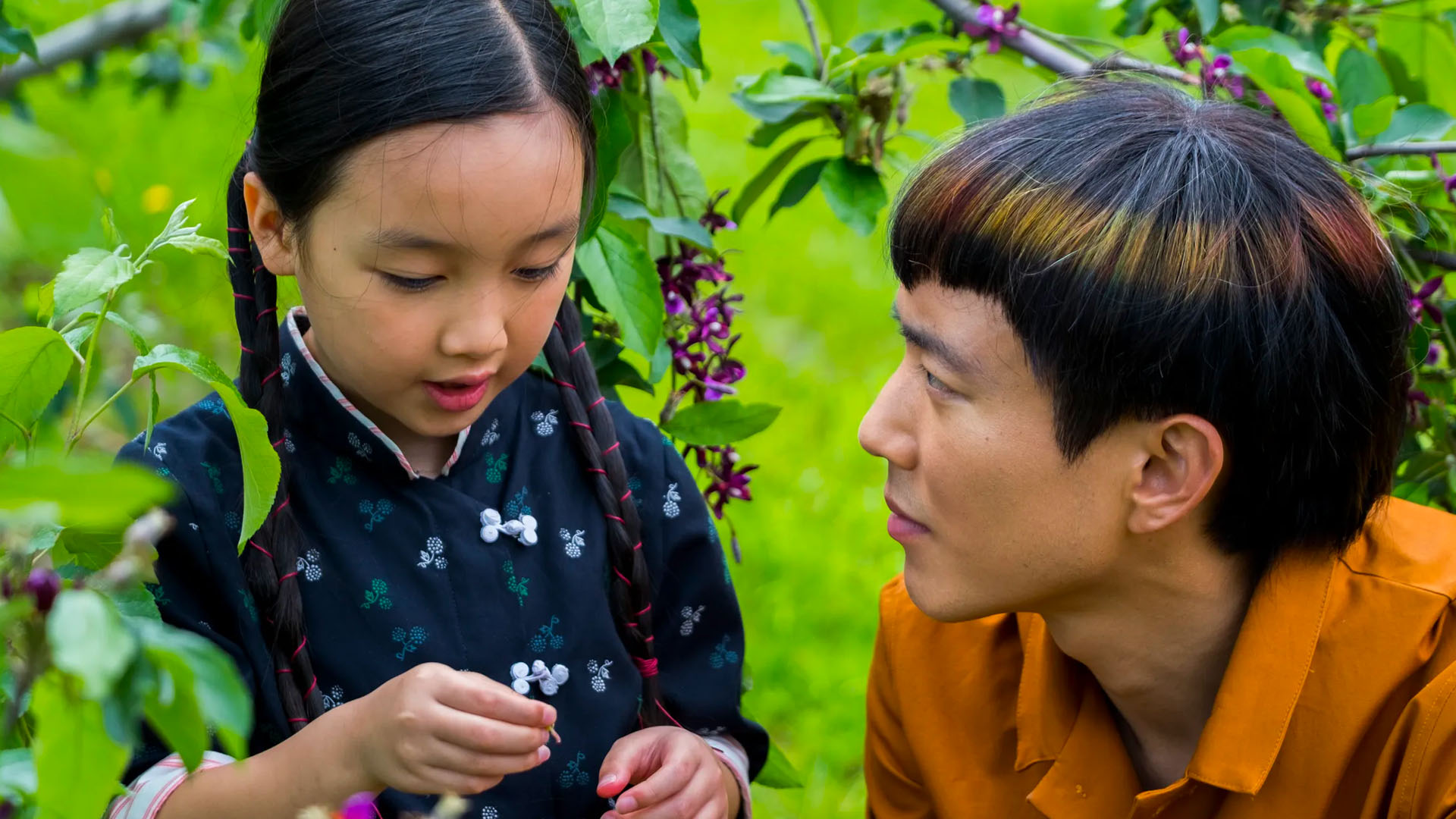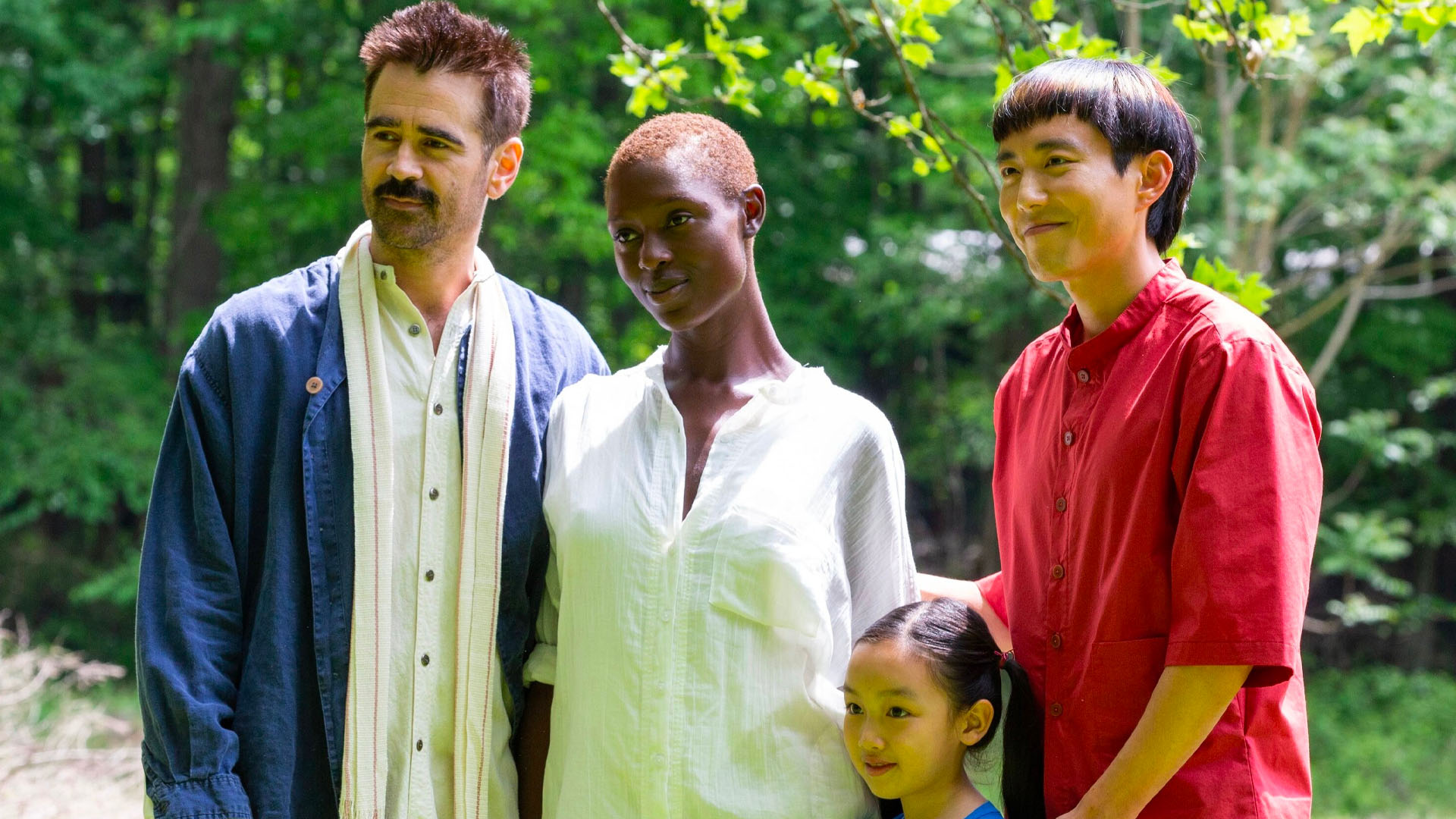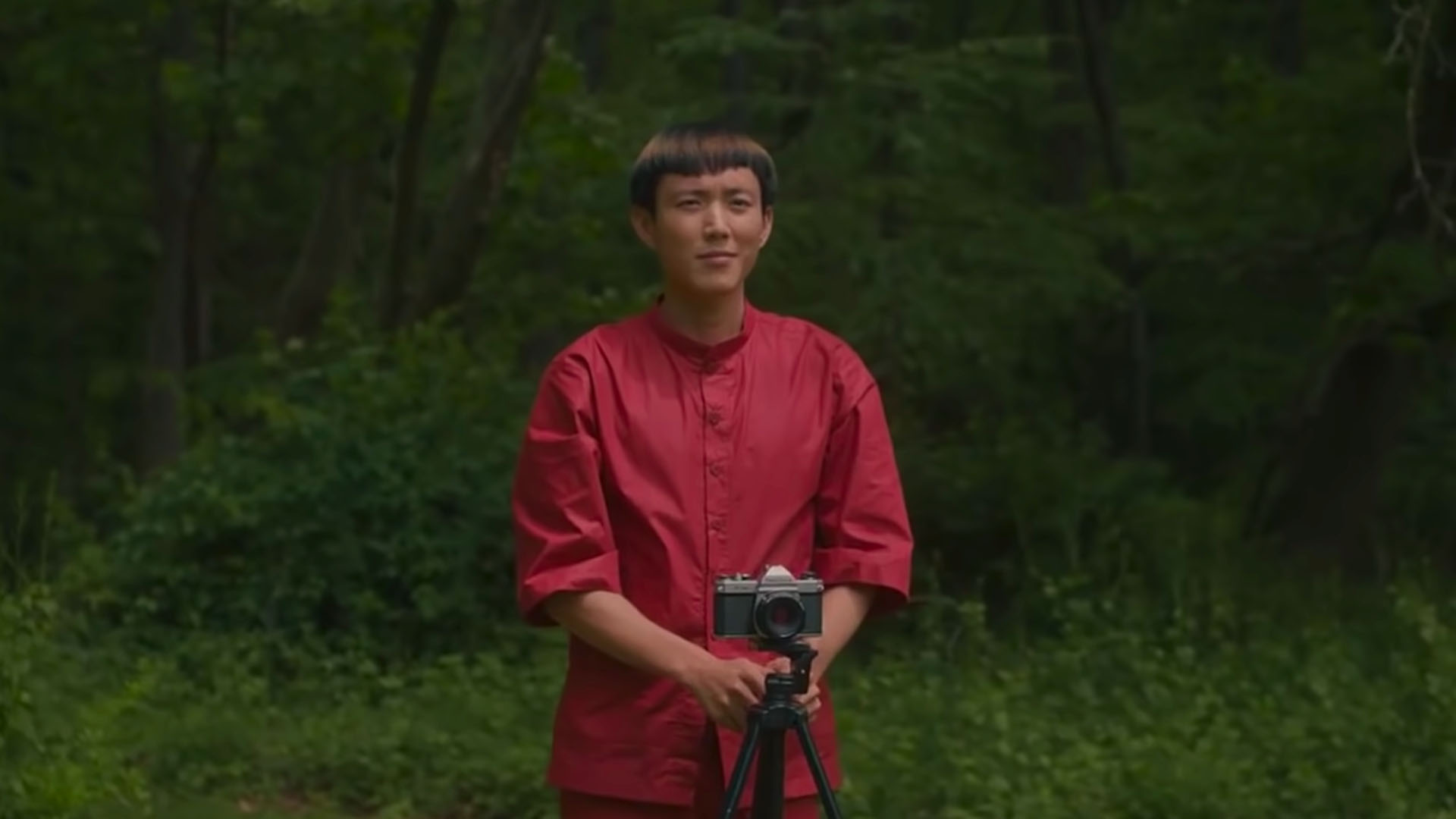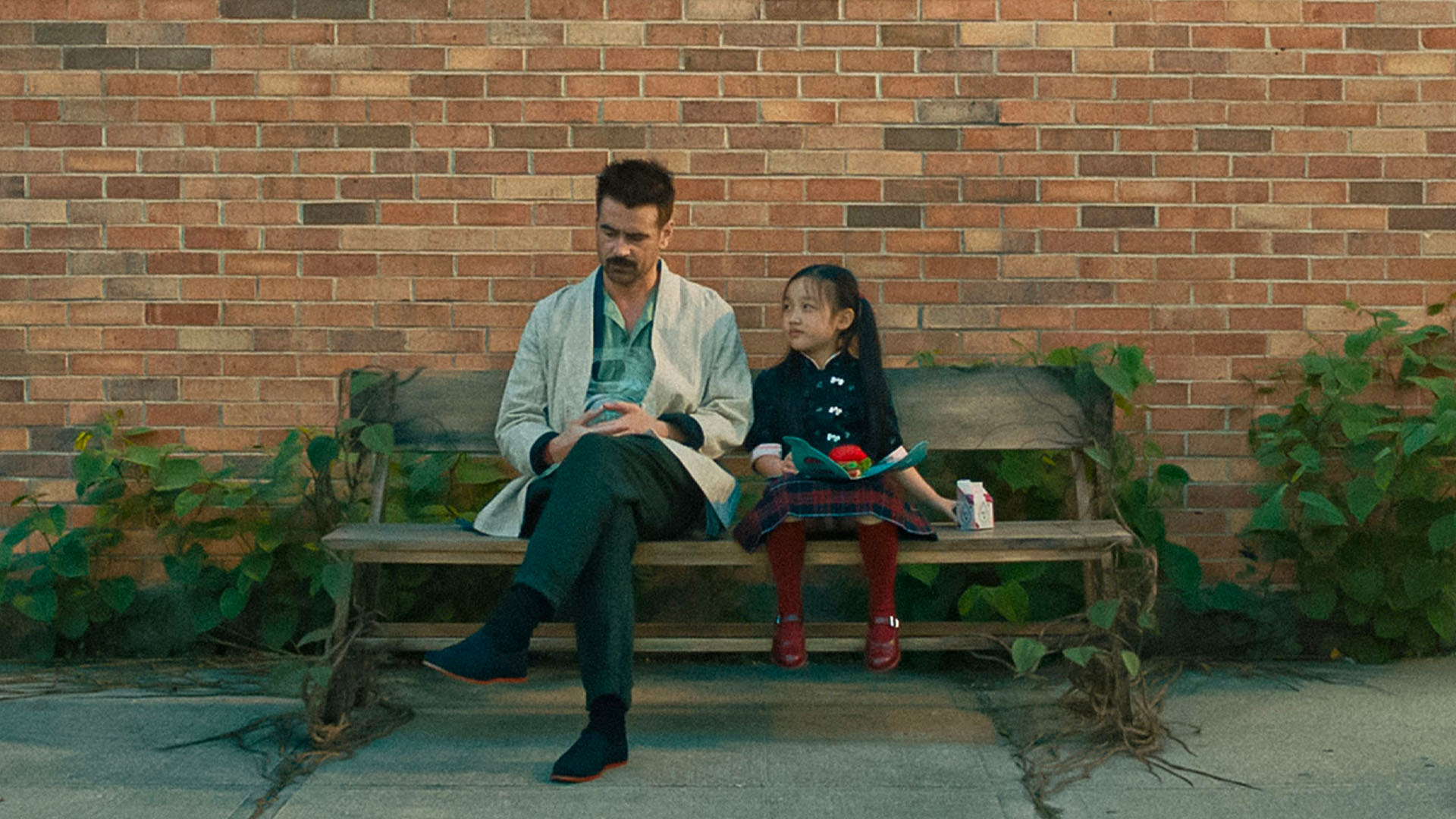After Yang explores acceptance, heritage and Asian identity through its sci-fi lens
The deeper meaning behind After Yang’s mellow narrative and crisp aesthetics is that of acceptance and belonging.

Near-future A24 drama After Yang follows a family dealing with the absence of a beloved robotic companion. Despite its sci-fi approach to dysfunctional families, the deeper meaning behind the film’s mellow narrative and crisp aesthetics is that of acceptance and belonging, says Katie Smith-Wong.
Starring Colin Farrell and Jodie Turner-Smith, metaphysical drama After Yang is the latest film by South Korean-born American filmmaker Koganada. The film follows a family as they struggle with the unexpected loss of their robotic child, the eponymous Yang (Justin H.Min), and the impact he had on their lives.

In an alternate future, robots—also known as techno-sapiens—can be bought as live-in childminders. But in Koganada’s film, they are also ‘used’ to help adopted children acclimatise to their new home. In this case, Mika (Melea Emma Tjandrawidjaja), a Chinese girl who was adopted by Western couple Jake (Farrell) and Kyra (Turner-Smith) as a baby. The new parents purchase Yang, a refurbished model, from a second-hand seller to help teach Mika about her Chinese heritage, only to have him suddenly stop responding one evening. Despite its science-fiction approach to dysfunctional families, the deeper meaning behind After Yang’s mellow narrative and crisp aesthetics is that of acceptance and belonging.
With the appearance of a young Asian man, Yang shares a close bond with Mika, offering her pearls of wisdom and assurance that she will grow and become an integral part of the family despite her adoption. Although he presents as a big brother, he acts as Mika’s main carer. As parents, Kyra and Jake’s dependency on Yang to educate Mika about her Chinese heritage serves as an allegory for society’s growing dependence on smart technology and how easily it forms detachments. By choosing to concentrate on earning a living, this hands-off way of parenting not only prevents them from bonding with Mika (subsequently ignorant of her issues at school) but hints that they are unable to comfort her. They’re implicitly unprepared for parenthood, a trait that seemingly disarms the calmness of their home.
There is a serenity in Alexandra Schaeller’s Asian-inspired production design in representing Jake and Kyra’s home. The inclusion of wind chimes and Japanese-style furnishings provide calm surroundings but an aesthetic contrast to the family’s turmoil when Yang inexplicably stops functioning. Knowing the strength of the attachment between Yang and Mika, Jake seeks to return the android to the family, he discovers that his daughter is not the only one suffering from identity issues.

Via a rare memory bank, Jake sees Yang trying to adopt more human traits through the android’s memories. He becomes interested in butterflies, photography and music, forming a relationship with a young woman named Ada amid simple moments such as fiddling with a camera or seeing how tea leaves settle while being steeped. However, as a techno-sapien, he wasn’t ‘raised’ as an Asian either. There is no emotive resonance with his heritage—all he has to offer with Mika is a bunch of facts and his appearance, so there is an evidently mutual disconnect with an Asian identity.
Films such as Crazy Rich Asians, The Farewell, Monsoon and, more recently, Everything Everywhere All at Once have addressed the theme of identity from the POV of their leading Asian protagonists. While the theme is a familiar narrative element in Asian-led films, this tends to highlight a personal conflict between Eastern and Western cultures. In After Yang, Kogonada not only subtly addresses the issue among adoptees but blends it with another well-established science-fiction trope, where robots are seen as outsiders with no concept of ‘being’—that is, until sentience kicks in.

The same comparison can be relayed to Mika, who already doesn’t feel like a part of the family due to her being adopted. This feeling of isolation at home simmers under the surface, culminating when she gets into trouble at school because her classmates questioned her about her ‘real’ parents—a question that she cannot fully answer. In addition to making her feel like a stranger both at school and at home, it reiterates how little she knows about her roots and Yang’s significance in her life.
Mortality serves as another key element in After Yang’s narrative. Films such as I, Robot, the 2001 anime Metropolis, Ex Machina, and AI: Artificial Intelligence have robots questioning their purpose within their artificial programming. But in After Yang, the concept of an afterlife is also explored. Technosapiens decompose if left unrepaired, galvanising Jake to go to extreme lengths to fix him, only to discover that his numerous efforts are in vain. As the film progresses, he is increasingly facing the ‘death’ of a family member and having to tell his daughter that her brother, albeit a robot, is gone. The tragedy brings to light how technology does indeed have a shelf life and how we, as a society, seem to take it for granted—especially when it comes to our memories. Yang has proven that even the smallest of moments should be treasured.
By the end of After Yang, we see that there is a sense of contentment that comes with accepting the past and how life moves on. Mika shares a song that Yang taught her and she offers a private message in Mandarin Chinese—a language she has rarely spoken. In a few short moments, we see that Yang has not only brought joy and comfort in her short life but has also accomplished his purpose—to understand, learn and embrace your roots.



























